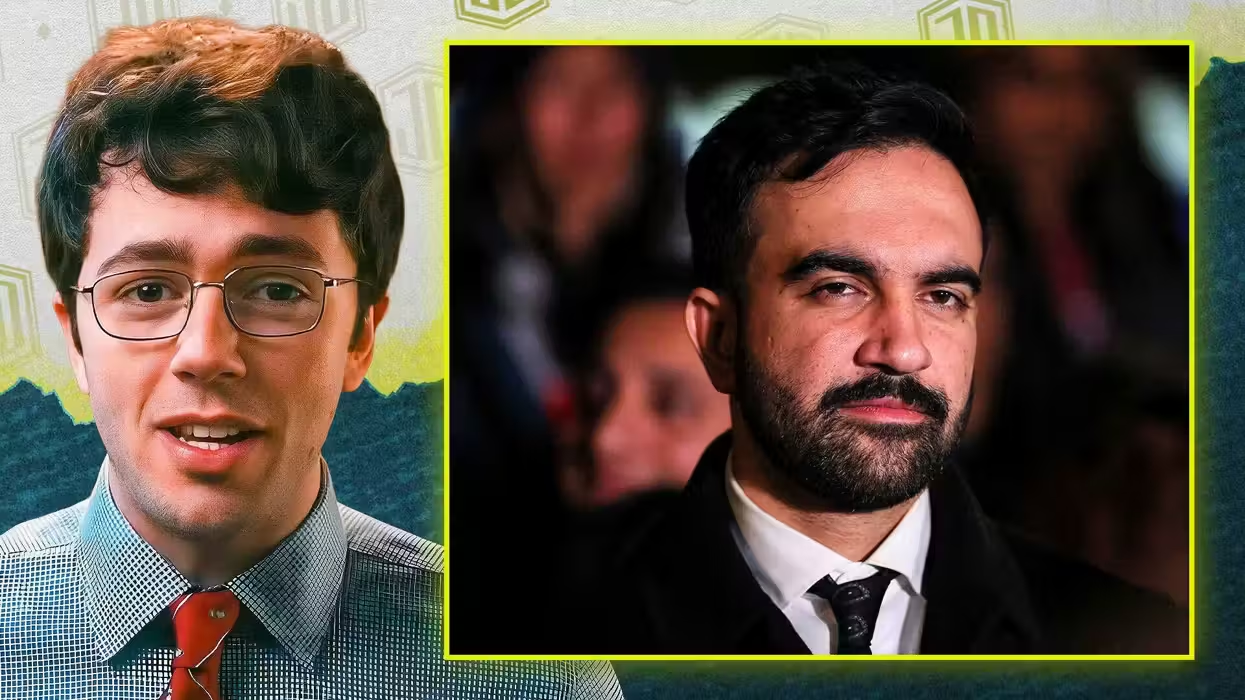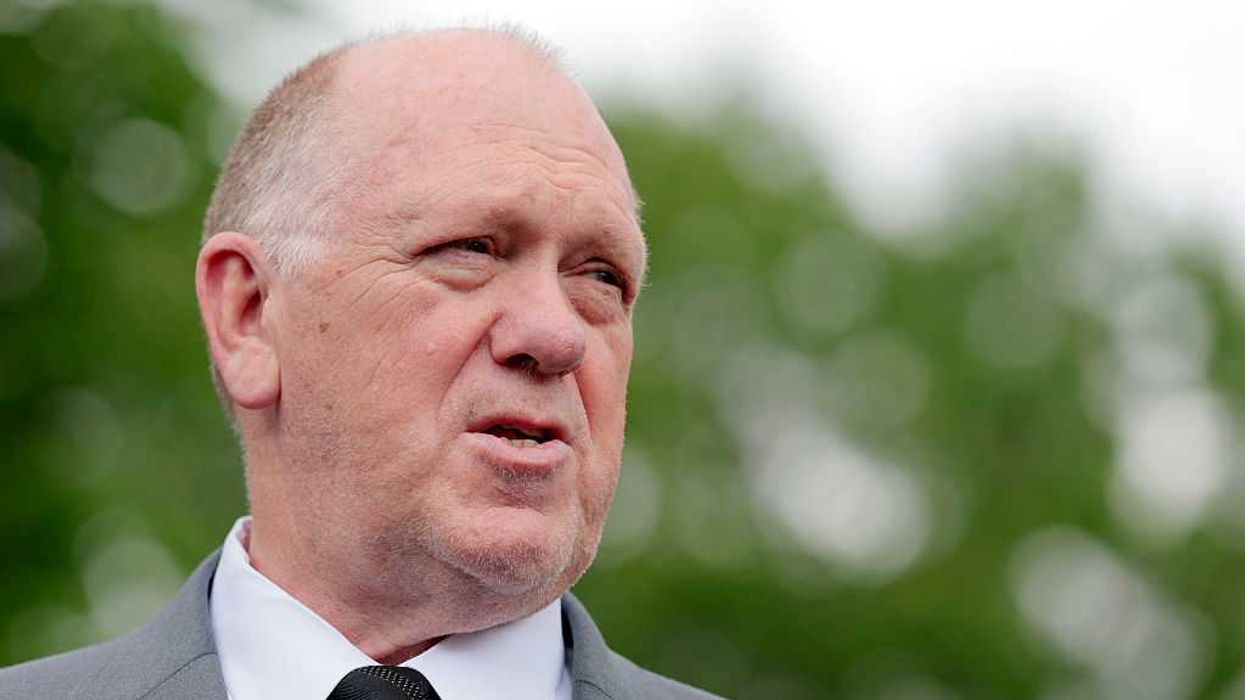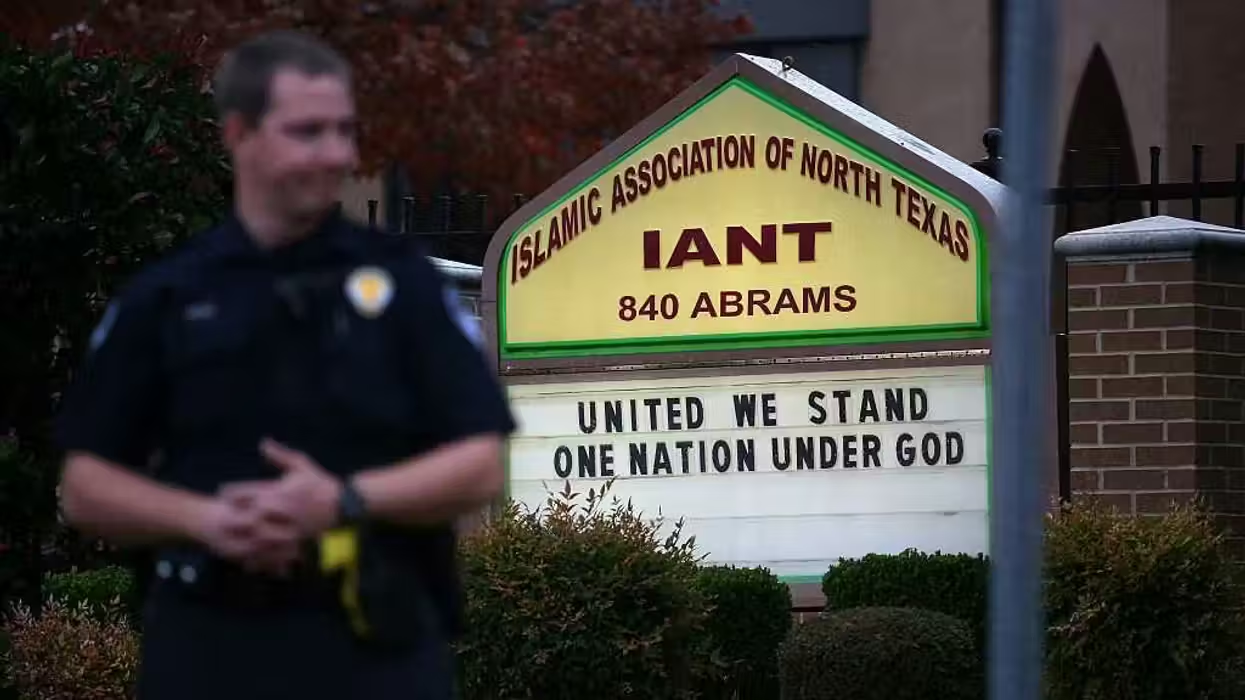© 2025 Blaze Media LLC. All rights reserved.
I have had some follow-up correspondence with X, and I think it's important for Blazers to read more of his thoughts. According to X, a news story published today creates even more suspicion.
First, though, let me say that upon X's request, I am taking an extra precaution in protecting his identity. The "quotes" from him that you will see in this post have been altered so as they cannot be traced back to him. In essence, you are reading my paraphrases. Again, X specifically asked me to do this.
Now the story X was referring to, published by the AP. I've included the relevant part below:
In Washington, the State Department severed its computer files from the government's classified network, officials said, as U.S. and world leaders tried to clean up from the leak that sent America's sensitive documents onto computer screens around the globe.By temporarily pulling the plug, the U.S. significantly reduced the number of government employees who can read important diplomatic messages. It was an extraordinary hunkering down, prompted by the disclosure of hundreds of thousands of those messages this week by WikiLeaks, the self-styled whistleblower organization.
Here's what X has to say about that this morning:
This really is plugging the hole after all the water has ran out. And it shows me that it was not a simple soldier who released this information.
I asked him to clarify, and here's what he said:
Jon, if they really had the guy who released the State Department info, they would review their processes and procedures. What they wouldn't do is just cut off everyone's access (severing). That's an extreme step that would hamper day-to-day operations. But that's what they did, and here's a couple reasons why they might have done. A) The government really doesn't have a clue who leaked the info and is just using Manning as a straw man to keep journalists from asking tough questions; or B) It really does know who's responsible and still doesn't want to answer tough questions.Again, the State Department "severing" its info from the classified network doesn't make operational sense. So there's also the possibility that it's just saying it did that, but in reality didn't.
Here's what the State Dept. should have said: "We are taking the necessary steps to make sure this doesn't happen again." And that's what I think they would have said if they really knew how it happened. But that's assuming it wasn't an inside job.
Reader Terry also noticed the same story X did, and wrote in with some questions I think many of us are asking:
I’m left with the question of [...] what purpose would ["severing"] serve...why would “they” want to do that? What advantage would it be to someone (other than the legit. feds) to keep State Department files separate from regular classified files... and why just the State Dept...why not the whole system to protect the whole Fed “classified network” from becoming compromised in the future. It just “feels” wrong.
It's a lot to digest, and I'm left with the phrase Glenn Beck uses often: Question with boldness. There's still something not adding up with all of this. Maybe X has it, maybe he has parts of it, maybe he has none of it. But in getting to know him a little, I don't think he's crazy.
On a side note, my suspicion increased this afternoon after Robert Gibbs tried to downplay the entire thing. No recognition of the possible damage. No reference to the potential danger. Nope, just a regurgitation of talking points framing Wikileaks as an amateur hack job.
I think we deserve better.
Want to leave a tip?
We answer to you. Help keep our content free of advertisers and big tech censorship by leaving a tip today.
Want to join the conversation?
Already a subscriber?
Jonathon M. Seidl is a former managing editor of Blaze News and a best-selling author and speaker. His next book, “Confessions of a Christian Alcoholic,” will be released on October 7, 2025.
Jonathon M. Seidl
Jonathon M. Seidl is a former managing editor of Blaze News and a best-selling author and speaker. His next book, “Confessions of a Christian Alcoholic,” will be released on October 7, 2025.
more stories
Sign up for the Blaze newsletter
By signing up, you agree to our Privacy Policy and Terms of Use, and agree to receive content that may sometimes include advertisements. You may opt out at any time.
Related Content
© 2025 Blaze Media LLC. All rights reserved.
Get the stories that matter most delivered directly to your inbox.
By signing up, you agree to our Privacy Policy and Terms of Use, and agree to receive content that may sometimes include advertisements. You may opt out at any time.






